He Loves a Simple Design and a Good Team: Meet Nicolas Hardy

Our series of Robotiq profiles continues with Application Engineer Nicolas Hardy. He brings together his engineering smarts with a deft hand in customer service, and provides the sales staff he oversees with a welcome authenticity and admiration for teamwork.
Robotiq was founded after lab-mates Samuel Bouchard, Vincent Duchaîne and Jean-Philippe Jobin decided to commercialize some of the mechatronic work they and their professor Clément Gosselin had created at Laval University in Quebec City. That was in 2008.
Today, Robotiq counts more than 30 full-time staff, and our Grippers and sensors operate in 40 different countries. We felt it was time to start telling the stories of our team members.
For Nicolas Hardy, robotics is more about the journey than the destination. While lovers of robotics usually home in on the function and the style of the final product, Nicolas looks at the collaboration, both mechanical and human, that leads to a working arm.
Process. He likes how teams work together, how a product is manufactured and how networks that match product and customer function best.
“That’s what has always attracted me,” says Nicolas, who knows that as an engineer he should simply profess his love for the traditional three Rs: race cars, rockets and robots. But it’s what’s under the hood of those three Rs that intrigues him, from how they were designed and created to how people worked together to produce and sell them.
It’s instead the three Ps that he possesses – patience, positivity and persistence – which appear to have led to his success.
Nicolas oversees sales staff and has been helping the company expand and train its network of distributors. He has been taking several trips to Germany to work with a team that is ready to ramp up. He also presides over the cooperative that Robotiq employees can join, which acts as one of the company’s four principal shareholders.
Nicolas began working at Robotiq in 2013 and brought with him years of walking people through technical difficulties. He has been keeping watch on how both robotic technology and client leads are made, and looks forward to being part of the team going into an exciting and competitive time for the robotics industry.
Meet: Nicolas Hardy, Application Engineer
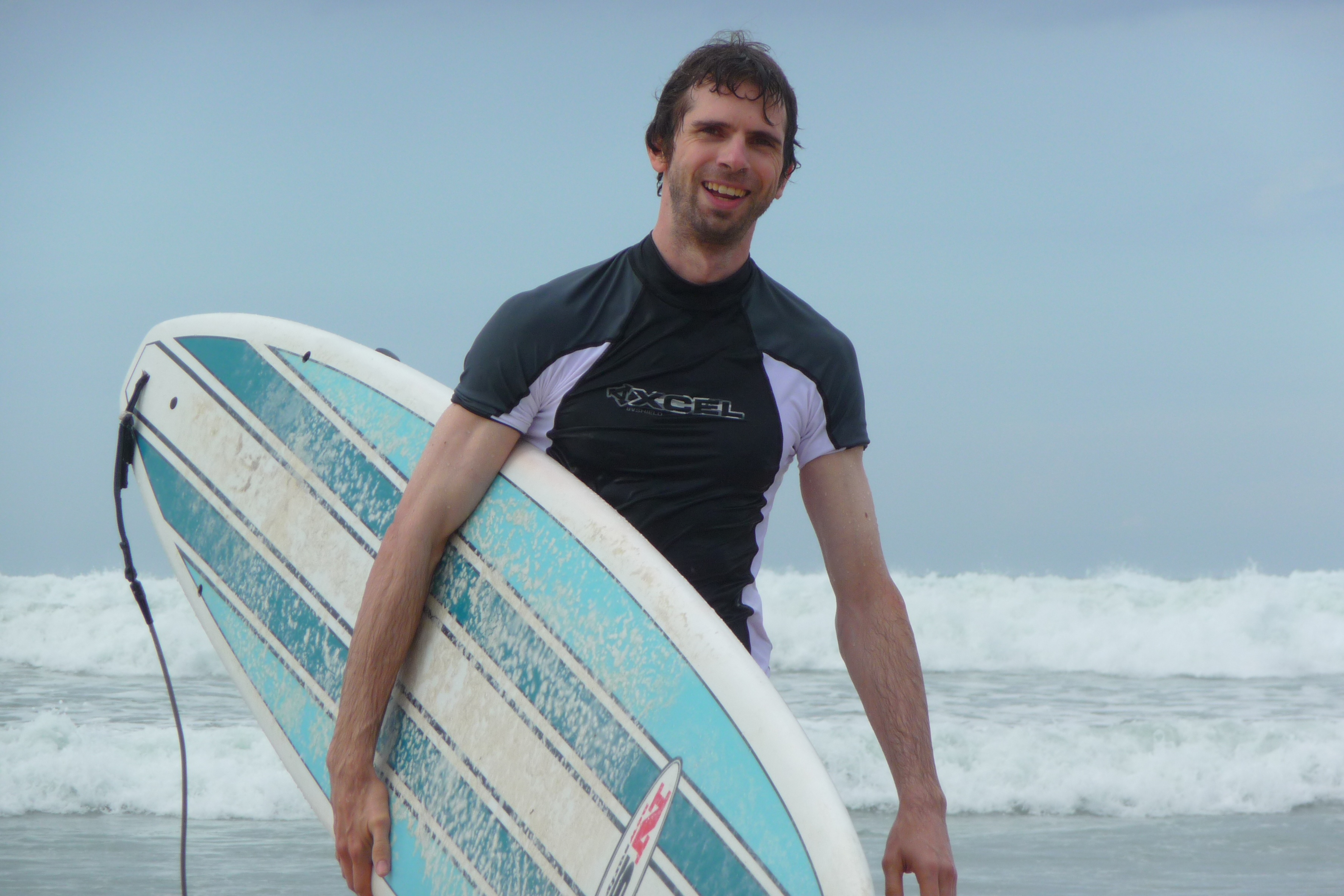
It all started with Lego. Nicolas Hardy remembers waking up at 5 a.m. on Christmas morning when he was six years old, ready to build a giant castle. Lego led to more intricate structures with wheels and motors. Instruction manuals were left by the wayside as he would think up his own models. Time in the woods behind his home in a Quebec City suburb led him as a 9 year-old to create camps, with ropes and a pretend elevator.
He not only liked to build things, he also liked taking them apart. “I would spend hours dismantling something and then try to fix it,” he said, adding that he began making his own computers as a way to better understand this new technology.
Rounding out his mechanical inclinations was a desire to draw, which his parents encouraged with weekend lessons. That encouragement was extended by letting 11-year-old Nicolas leaf through the architectural plans of a house being built for the family. They also let him decide on some design ideas for his room.
While architecture was a career path he contemplated, he preferred to simply build things and work on teams. He got involved in a young entrepreneurs’ club in Grade 10. While the group project was a simple grocery bag organizer, it introduced him to the manufacturing process, from buying raw materials to working with specialized equipment. He was also peering into the two sides of the design process, the first, where features are added and a complex project is realized, to the second, a simplifying and pragmatic phase, where elements are whittled down and the project’s essential functions emerge.
That teamwork continued in university, when he joined a club to build a human-propelled vehicle (HPV). “My goal was just to be part of different projects,” he said. That club fit in with his ideals and his emerging thoughts about human-powered innovations. “I realize that a lot of technology is about collaboration. It’s not just one guy making everything.”
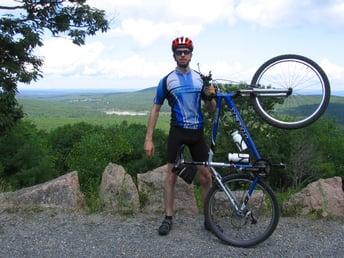 He was also attracted by aerodynamics, and how far and fast a person could go in one of these vehicles. He worked with lightweight materials, including Kevlar and fibreglass. It was 1997 and the drawing tool CAD was emerging. He appreciated how one person on his team had a specialized knowledge of that, while another brought good leadership abilities to the mix. The HPV, ridden by a professional cyclist, would reach speeds of 71 km per hour and win awards.
He was also attracted by aerodynamics, and how far and fast a person could go in one of these vehicles. He worked with lightweight materials, including Kevlar and fibreglass. It was 1997 and the drawing tool CAD was emerging. He appreciated how one person on his team had a specialized knowledge of that, while another brought good leadership abilities to the mix. The HPV, ridden by a professional cyclist, would reach speeds of 71 km per hour and win awards.
Nicolas appreciates how scientific inquiry can quickly turn into products. One of his first research projects had him helping to design a wood-cutting machine for the logging industry. And he later worked on power transmission components, through his research on powder metals (a predecessor to 3-D printing).
He appreciates how his engineering experience integrates well into the manufacturing process. “I always like bringing out ideas and concepts, integrating them into technology and then making it all work.”
At the transmission parts company, Maska, he took on responsibilities beyond his engineering training. “I started as a project manager in research and development, and I then got a chance to move to technical support.” While that was a change from his earlier research, it fit well with what he wanted to do. “I enjoyed using my expertise to help customers. And I would learn from them.”
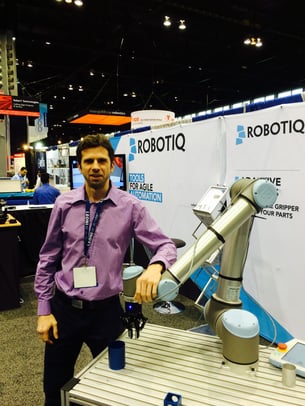 His patience for complex systems actually helped him iron out some difficulties with customers in Latin America. Maska’s active presence in South and Central America also led Nicolas to learn Spanish.
His patience for complex systems actually helped him iron out some difficulties with customers in Latin America. Maska’s active presence in South and Central America also led Nicolas to learn Spanish.
By 2012, all his traveling was taking a toll on the Quebec City resident, who had started a family with his common-law partner Valérie. He had also been finding some spare time to study for an MBA. Even though he was no longer a full-time university student, he decided to answer an ad on the Laval University job board. Robotiq was looking for recent grads, but also seeking out experienced engineers. “I met with Sam (CEO Samuel Bouchard). He was looking for someone with experience in both sales and engineering. It was a good fit.”
“I was a product manager involved in the growth of the business,” he said of his previous employer. But the job at Robotiq responded to his desire to join a small-to-medium-size enterprise with innovative products.
Those innovative products are leading to a growing distribution network of sales offices, with Nicolas tending to that network as it expands. “What’s exciting for me in my role is that I’m part of the Robotiq growth.” And it’s in Germany where the company is growing exponentially. Yes, Nicolas is working on his German. He is also learning some Mandarin as he sees China as a major player in robotics.
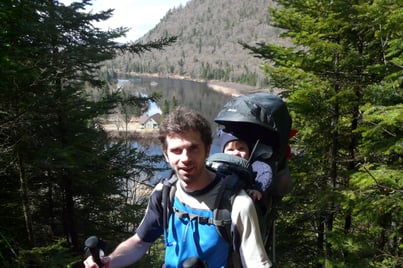 Now, 40, and a father of three, Nicolas watches the robotics industry barreling quickly into the future, always changing. “It’s exciting. But we need to be prepared.”
Now, 40, and a father of three, Nicolas watches the robotics industry barreling quickly into the future, always changing. “It’s exciting. But we need to be prepared.”
He appreciates Robotiq’s own changes that have helped it position itself in the industry. “We were originally known as a gripper manufacturer. Now, with the Gripper, the camera and the force sensor, we’re seen more as a robotics solution manufacturer.” He says their strength in the US and Europe is helping them to gain a future foothold in Asia.
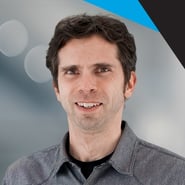 He enjoys bringing his technological experience to the team and looks forward to offering that help to the new German sales staff. So how does he motivate his growing team? He says he tries to be authentic, positive and, just like the final designs of all of his many team projects, simple.
He enjoys bringing his technological experience to the team and looks forward to offering that help to the new German sales staff. So how does he motivate his growing team? He says he tries to be authentic, positive and, just like the final designs of all of his many team projects, simple.

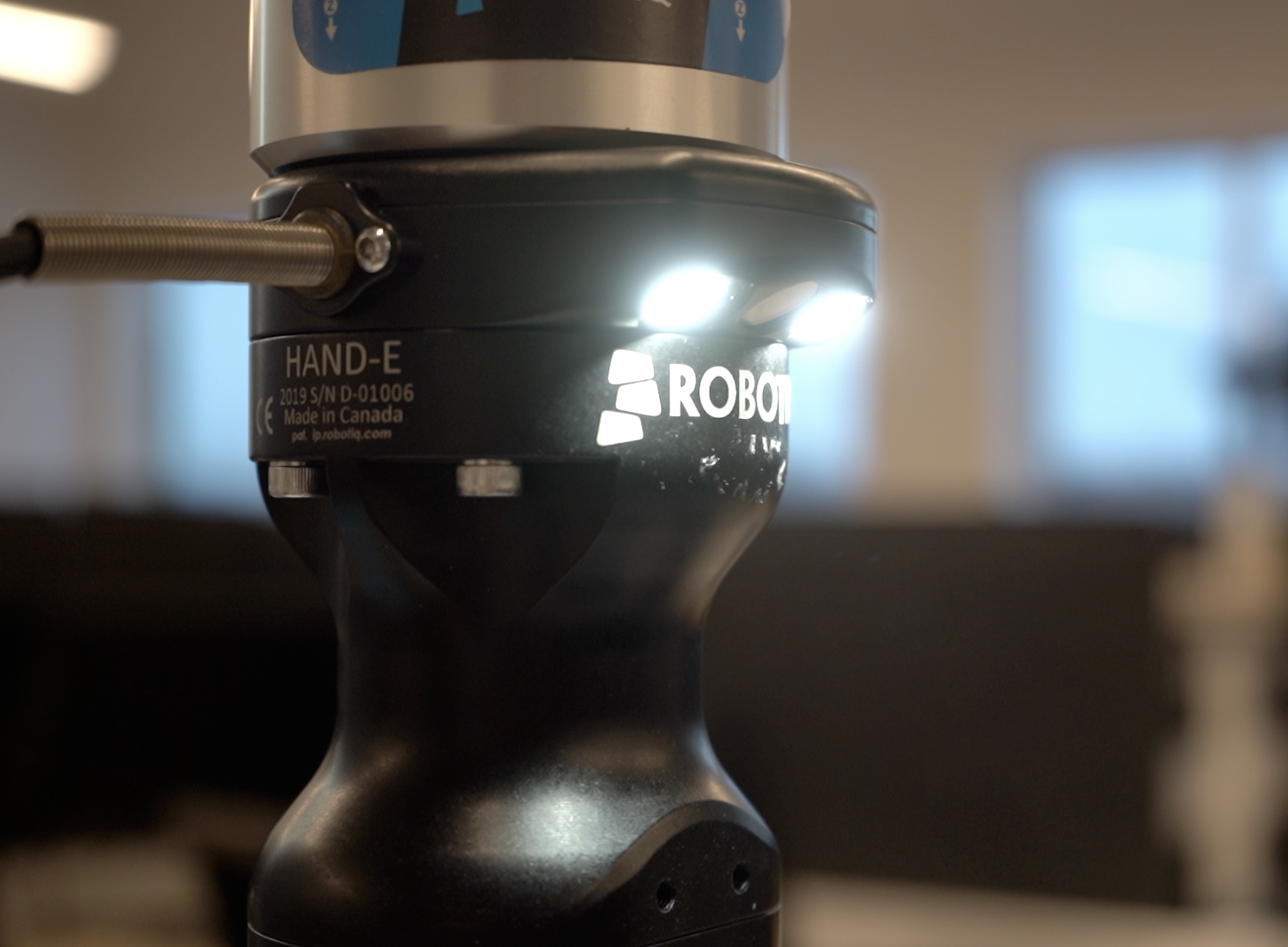



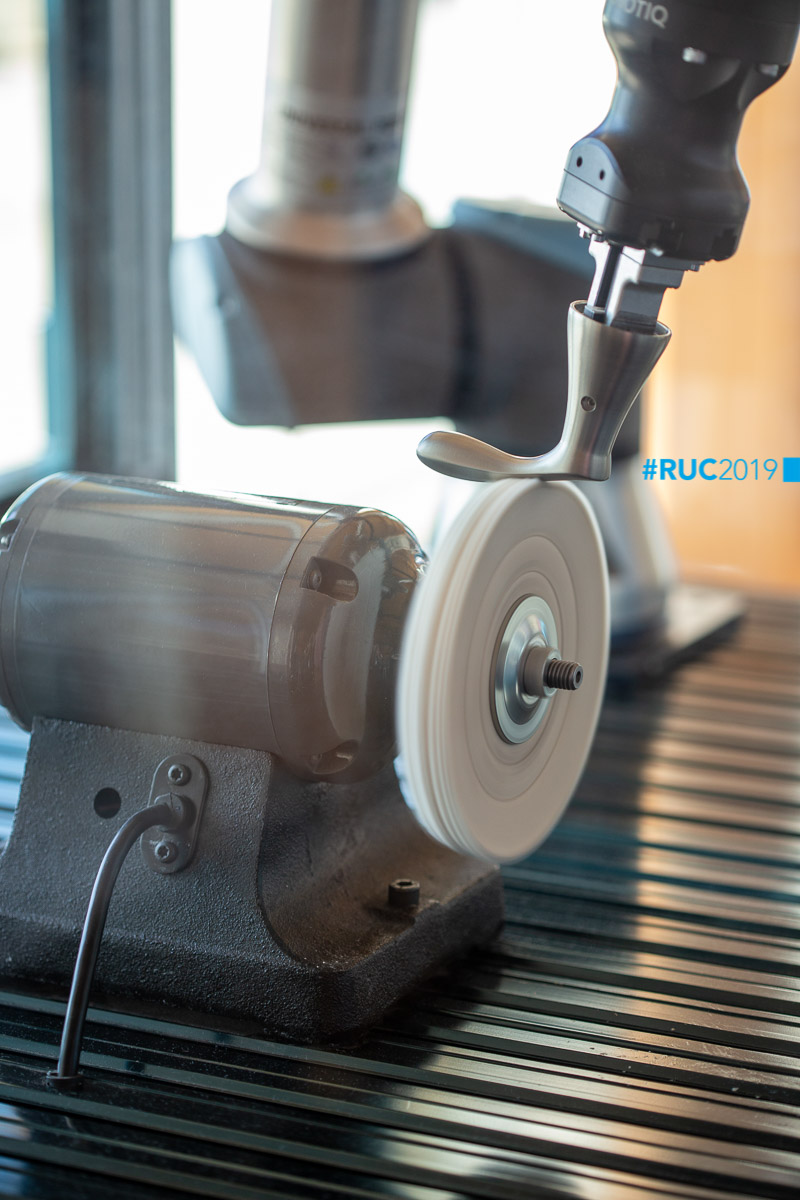
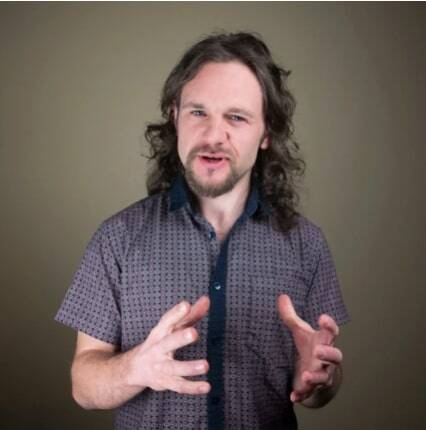
Leave a comment